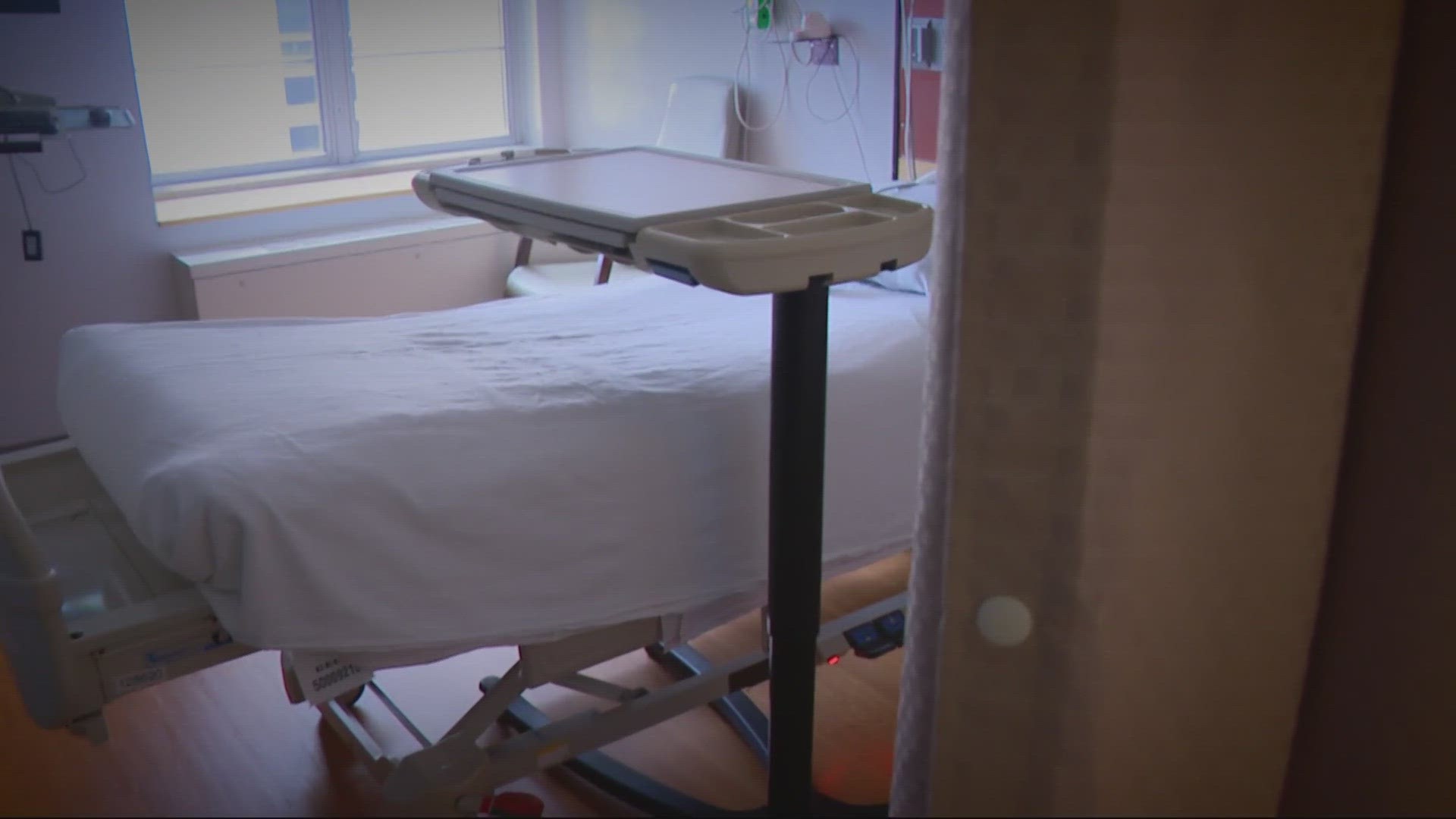INDIANAPOLIS — Indiana's near-total ban on abortion is expected to begin Aug. 1.
"This decision is truly devastating," said Dr. Caroline Rouse, a maternal fetal medicine physician at IU Health.
For months, abortion providers, doctors and health care experts have watched and waited to see what the Indiana Supreme Court would do as an injunction prevented the state's abortion ban from taking effect.
But now that the Indiana Supreme Court has struck down the injunction and sent the case back down for further action, that law is expected to take effect in just a few weeks. It's a decision that's frustrating for providers like Rouse.
“It is terrible for the health of Hoosiers,” Rouse said. "The exam room is no place for the legislature, and that's exactly where they have put themselves, into a position where they are preventing physicians and patients from being able to have evidence-based discussions for the best health care decision for that patient."
Under the law, abortion clinics would lose their licenses. The procedure would be required to be done only in hospital settings, birthing centers or ambulatory outpatient surgical centers. For cases of rape or incest, abortion will be allowed up to 10 weeks. Rouse said that's before many women even know they're pregnant.
"People who have suffered sexual violence and been the victims of rape or incest are often the most vulnerable to these arbitrary time limitations," Rouse said. "They may not feel safe seeking care soon after the rape, they may not know how, they may not have the resources, they may be physically prevented from doing so."
If there's a lethal fetal anomaly or to protect the life of the mother, abortions would be allowed up to 20 weeks.
But Rouse said medicine isn't black or white, it's often very gray. And this requirement under Indiana law, she said, will make it very challenging for doctors to protect pregnant women.
"When I am put into the position of having to decide, 'Well, at this point, it's not life-threatening enough,' but then two days later when the patient has become sicker and even closer to dying as a result of the pregnancy, then and only then can we intervene and try to save that person's life," Rouse said.
Most abortions in Indiana are performed in clinics. With weeks to go before this law is expected to take effect, appointments are filling up or full at many clinics. Planned Parenthood, the state's largest abortion provider, said they've reached capacity for abortion appointments and are unable to schedule any more with this new law looming.
The court's ruling allowing the near-total ban on abortion to take effect comes as a victory for a Republican supermajority, who fought hard last summer to enact an abortion ban in Indiana.
Following the Indiana Supreme Court's ruling on the measure, Senate President Pro Tem Rodric Bray, R-Martinsville, sent over a statement about the court's decision to allow the ban to move ahead, saying, "We set out to pass a bill in the special session that would protect life and support mothers and babies, and that's what we did. It was always our intent to draft a bill that could withstand a constitutional challenge, and I am grateful to see Indiana's Supreme Court recognize that the General Assembly has the constitutional authority to protect unborn life in the womb."
But this isn't the end of legal challenges for this law. Another legal challenge is being considered by the courts, arguing that the state's ban violates religious freedoms.

